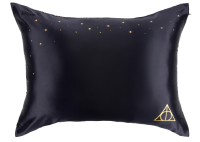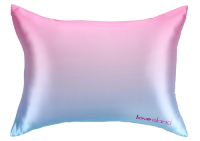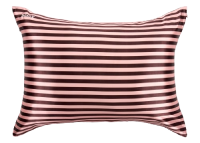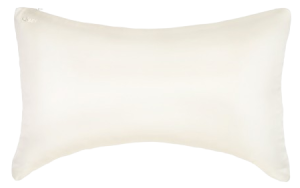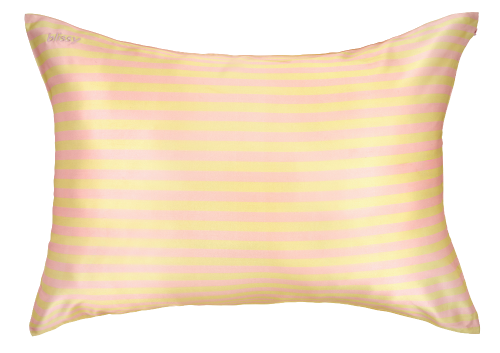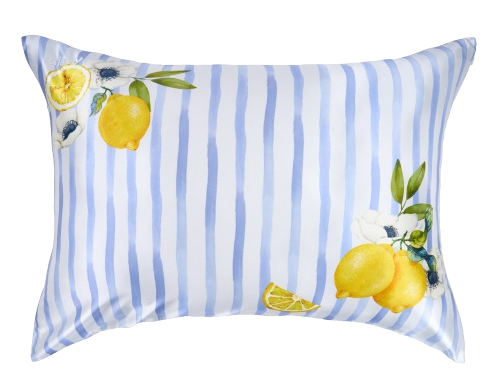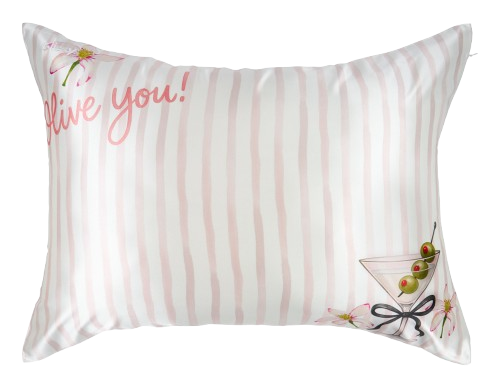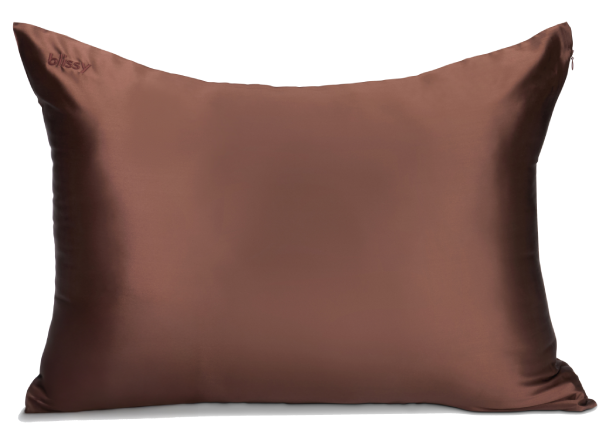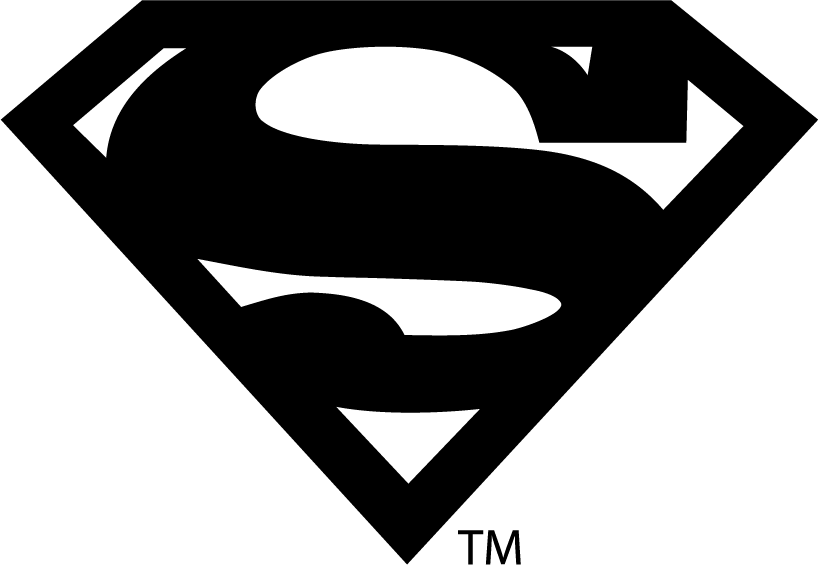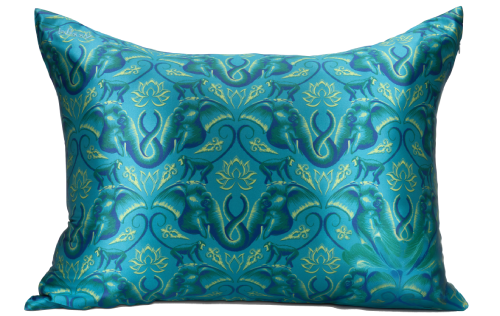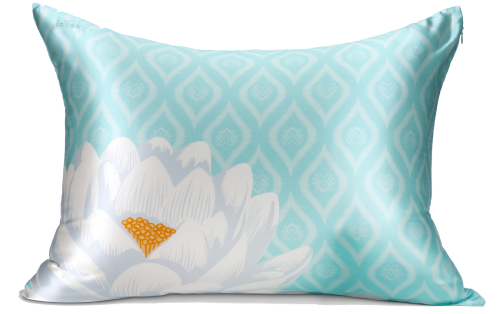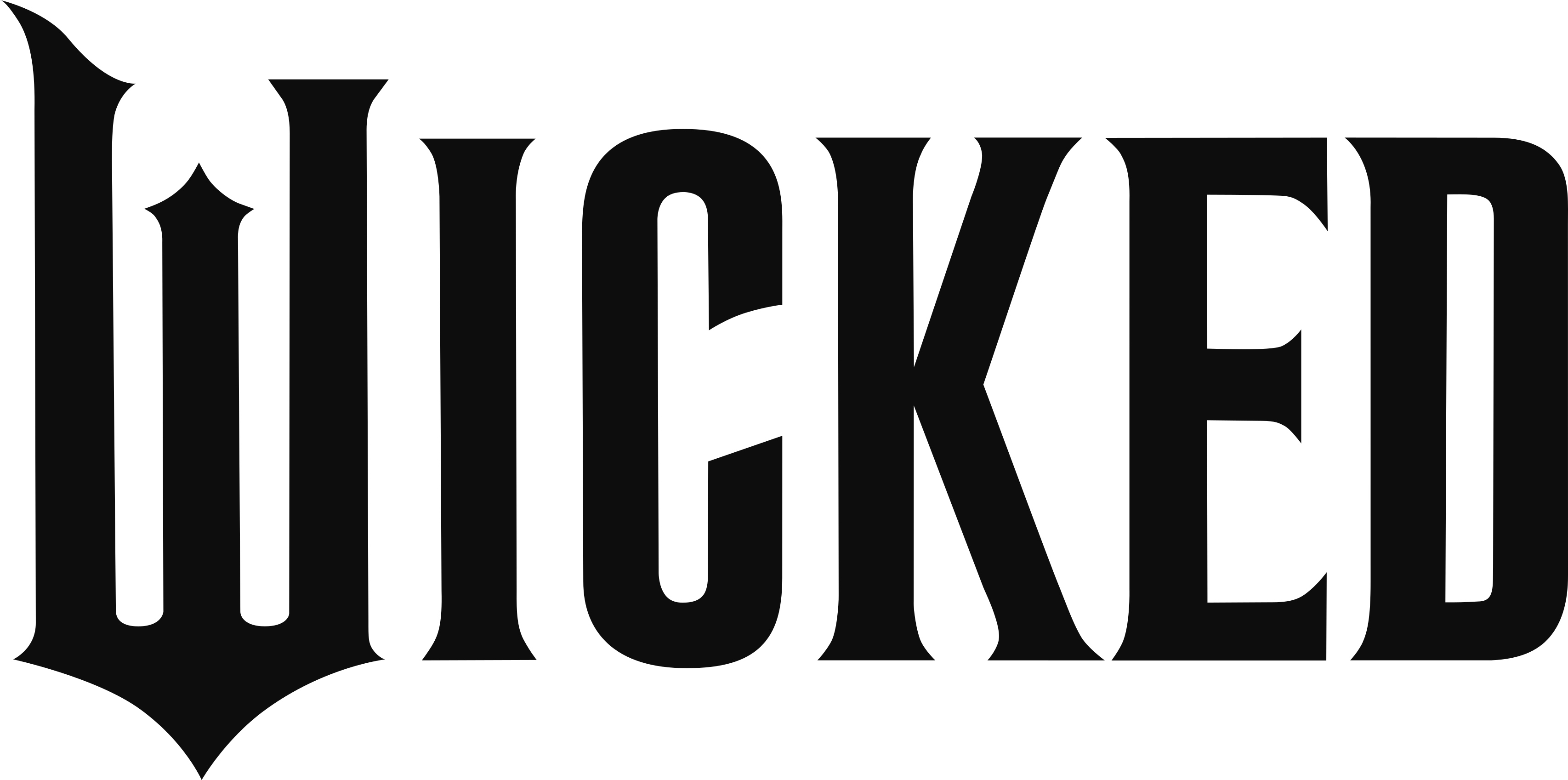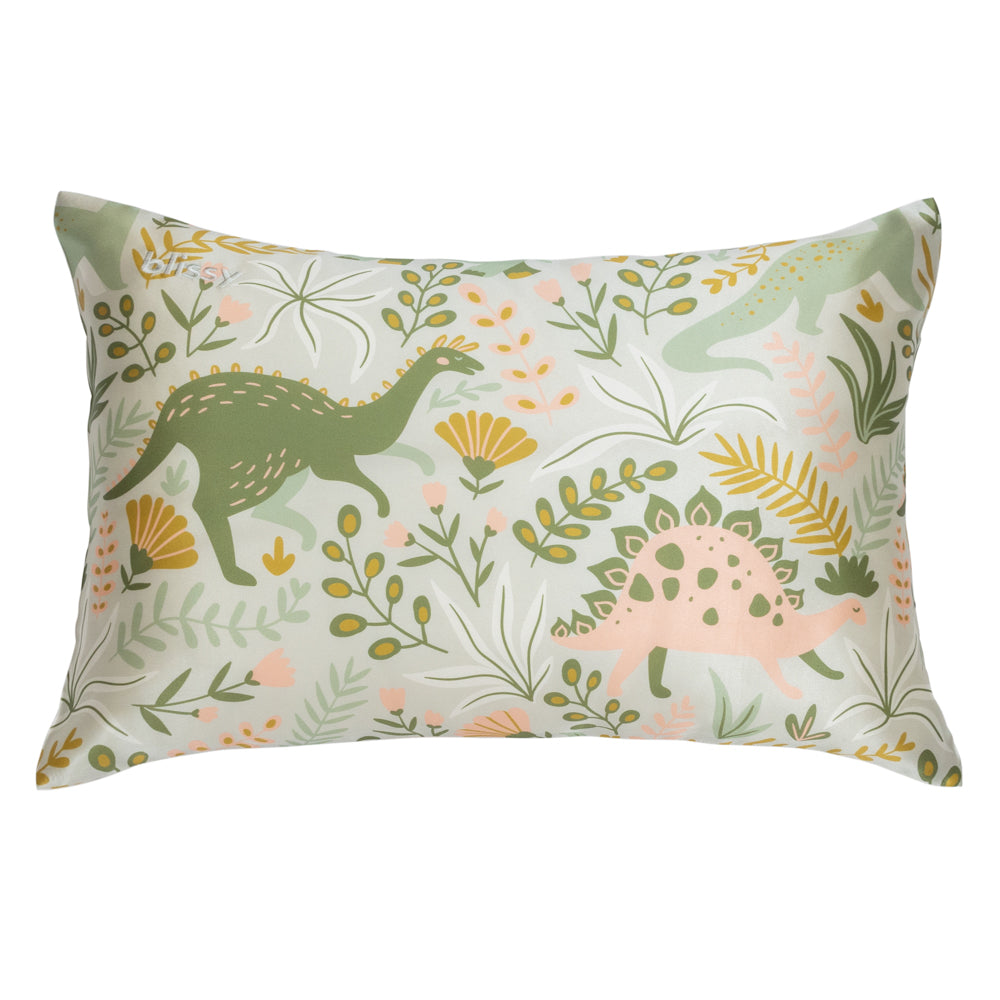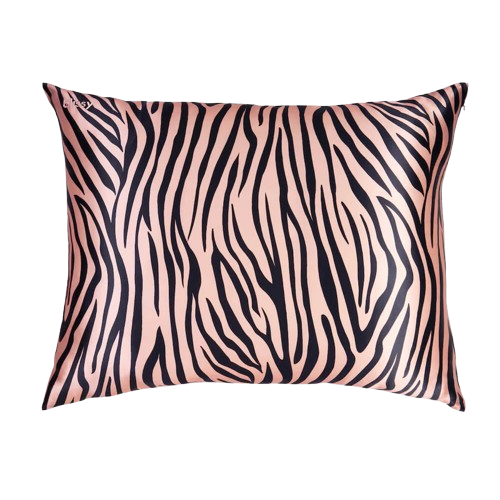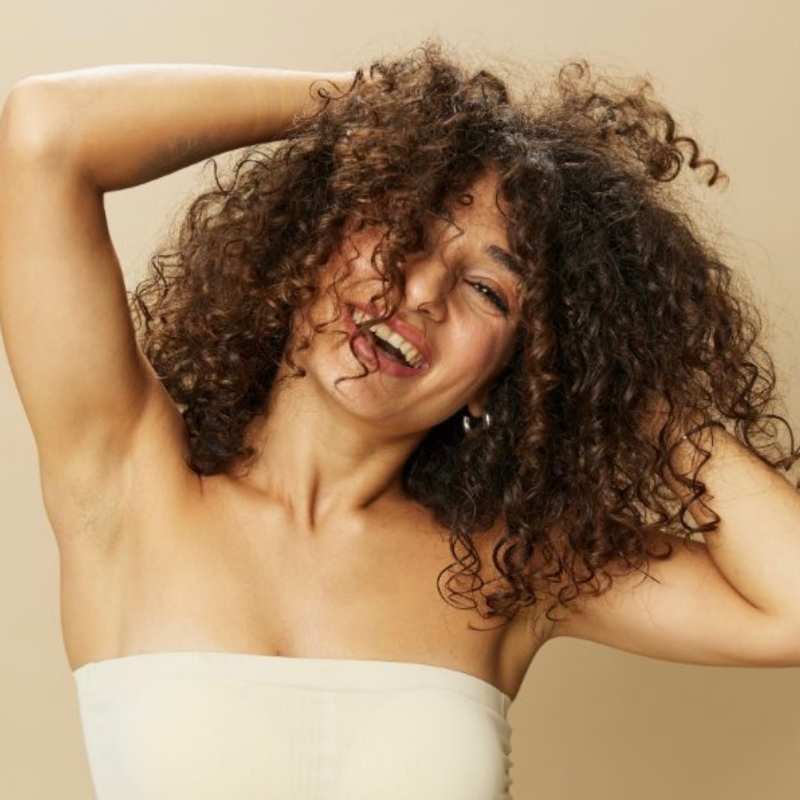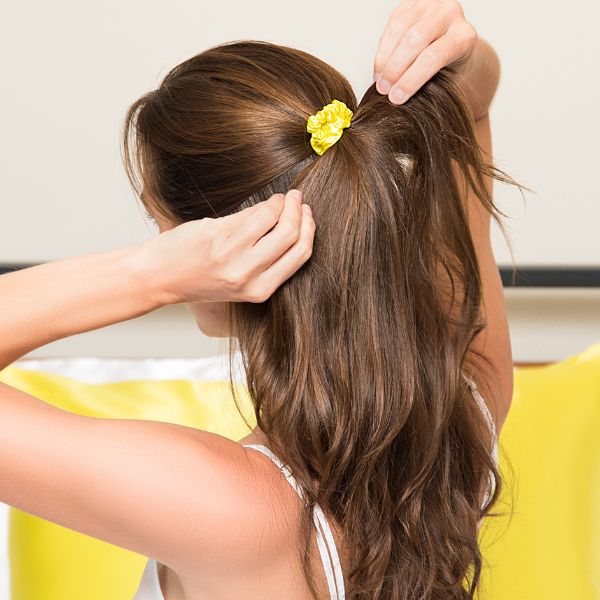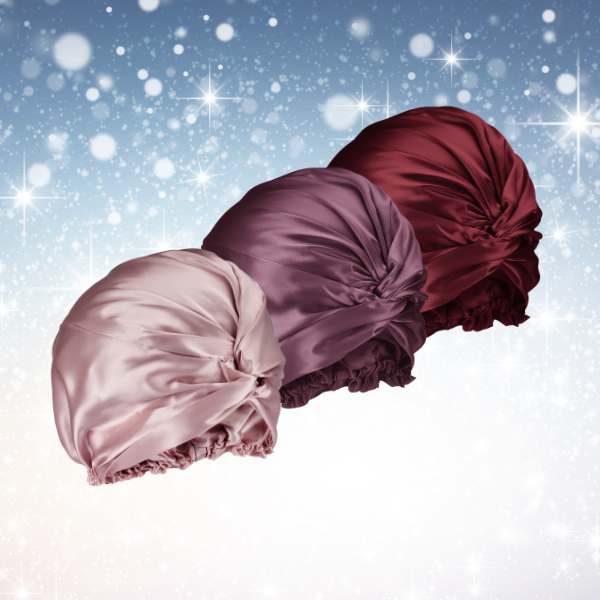When most people think of hair type, their minds automatically go to hair's curl pattern or texture. There are several factors which we'll discuss, but we'll talk about texture since it's what stands out most to people.
How to Determine Your Hair Type: Texture
You may have heard people talking about their hair type with what seems like a secret code. For example, "2c" or "3a". Those alphanumeric descriptions come from a hair typing system by stylist Andre Walker.
The chart defines 9 hair types ranging from straight hair to springy ringlets to coily hair.

Number 1 texture: Straight Hair
Number 1a hair will be absolutely straight while 1c may have a slight curve. It can be very difficult to get type 1 hair to hold curls without getting a perm.
Number 2 texture: Wavy hair
Type 2a to 2c medium texture means you have wavy hair structure or a slight curl pattern. With a bit of curling cream and a little styling, it is easy to achieve a more tightly curled look with type 2 hair.
Number 3 texture: Curly hair
Type 3a to 3c is curly hair type. The hair is clearly very curly and the curls resemble ringlets. If you prefer a straight style, it can take time to get your hair to straighten with just hot tools.
Number 4 texture: Kinky hair
Hair type 4b or 4c have tight curls or kinky hair. The individual strands may appear short since they are so curly, but are actually much longer. This hair requires extra care and is near impossible to get to get straight without chemical intervention.
While hair texture and curl pattern are important aspects of hair type to consider, there are other factor to consider. Let's take a look at what they are.
How to Determine Your Hair Type: Hair Porosity
A protective layer of cuticles that overlap like roof shingles covers every hair strand. To determine your hair's porosity, do a strand test.

Strand test
First, wash your hair it to remove buildup, fill a glass with room temperature water, then dip a single strand of hair in it.
If your strand sinks, it's more likely porous because the dry hair has absorbed water. A low porosity hair strand floats because it holds moisture easily.
If your hair floats, your hair is probably low porosity because it is slow to absorb moisture.
Low porosity hair
- Cuticles are close together
- Doesn't absorb products or water easily
- Takes a long time to dry
Medium porosity or normal porosity hair
- Easier to style
- Remains in place
- Dries more quickly
- Takes dye well
- Usually looks glossy and healthy
High porosity hair
- Cuticles are spread further apart
- Hair dries quickly and absorbs products easily
- Prone to frizz and breakage
How to Determine Your Hair Type: Hair density
Density is about how much hair you have overall. But it varies by scalp and can change with age and health. One way to estimate your hair's density is to look in the mirror and part your hair. A visible scalp between hair strands means your hair is less dense.

Another quick way to determine your hair density is to put it in a ponytail. The thicker the ponytail, the denser your hair. A ponytail 2 inches in diameter will indicate thin hair density, while a densely packed ponytail of 4 inches thick indicates thick hair density.
- Thin density hair may require lighter styling products or volumizing hair product.
- Medium density hair often doesn't need much work in terms of managing volume as long as it's healthy.
- Thick density hair may require heavier products to keep it under control and frizz-free. Dense hair may be bulky, which layering can help. It can also take forever to air dry, so make sure to invest in a quality blow dryer.
How to Determine Your Hair Type: Oiliness
Our skin and scalp naturally produce sebum to moisturize and protect us. Yet some people struggle with an excessively oily scalp, which originates at the roots. On the other hand, others deal with a dry scalp, resulting in itchiness and flaking (also known as dandruff).

Depending on your hair's thickness, porosity, and density, your hair may not absorb as much natural oils as other hair types. Or your curl pattern could trap moisture near the scalp leading to dry hair shaft.
How to Determine Your Hair Type: Thickness
Finally, the thickness of hair can make your hair appear full-bodied or not.
Compare a strand of hair with a piece of sewing thread
- If they're similar, your hair is thick
- If not, you have thin or fine hair
Thick hair is much easier to feel between your fingers, too. Slippery, thin hair is difficult to style and lacks body. Thicker hair has plenty of body, but easily tangles and dries slowly.
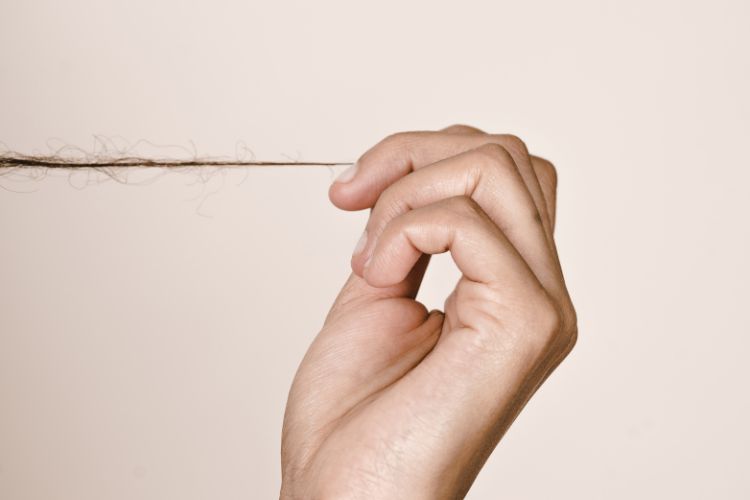
Why Knowing Your Hair Type Matters
Once you determine your hair type, you'll be able purchase the right hair care products and finally get your hair to do what you want it to.
Understanding your hair type is key to reducing frizz, preventing excess oil or buildup, promoting fabulous curls, or increasing your fine hair's ability to hold a style.
Sometimes less is more
Knowing your hair type is the first step in your journey to caring for it in the way it needs (or doesn't need). This is not what makers of hair products would have you believe because they want you to buy and use as much product as possible.
You may want to explore things like co-washing (washing with conditioner only) or washing your hair less frequently. Eliminate products from your routine to see what effect it has. Experiment!

Curly girl method
Walker's hair texture chart has also become increasingly popular as folks with curly hair try out the Curly Girl Method. In fact, some beauties who thought they had wavy hair changed their hair care routine to reveal ringlets, allowing their hair to express its true curls.
On the other hand, the thicker creams and gels that work well for curly hair would weigh down fine and straighter hair and leave it oily.
Care for Your Hair While You Sleep
It's important to think of hair care as a 24-hour endeavor. Caring for your hair while you sleep is just as important as what you do in the shower or while styling. When it comes to the pillowcase you use the material could leave you with split-ends, frizz, or dullness.
That's where Blissy's 100% mulberry silk pillowcases come in. Blissy silk's natural material is breathable, and won't absorb products, oil, or moisture like cotton or other materials. With its moisture in place, hair won't become as frizzy.

Blissy works for all hair types
While Blissy pillowcases are especially useful for those with curly hair, any hair type can benefit. You'll be amazed how a Blissy pillowcase can help minimize tangles and frizz while you sleep if you have long hair. Many people love how silk remains cool against their skin at night, too.
Wearing one of Blissy's matching silk scrunchies while you sleep--or even during the day--can benefit your hair even more. If you're ready to get the beauty sleep your hair deserves, try a Blissy pillowcase today!



